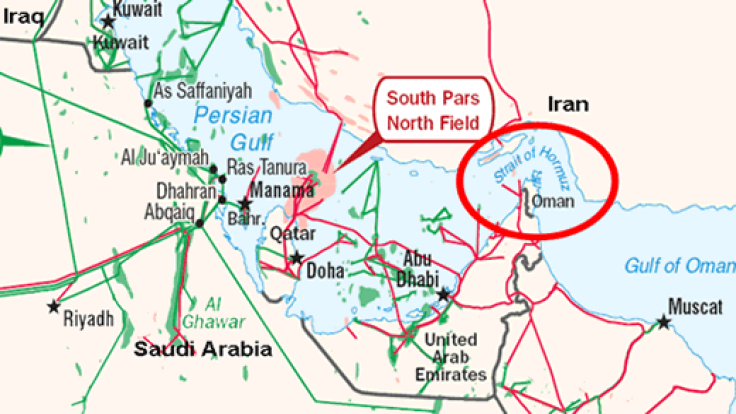Britain Seeks Europe-Led Force For Gulf, Says Not With US On Pressuring Iran
Taking a different line from the Trump administration’s plans to have a U.S.-led multinational force protect commercial shipping in the Arabian Gulf from Iranian interference, British Foreign Secretary Jeremy Hunt has proposed the deployment of a European-led maritime protection force.
The U.K. came up with this strategy after Iran’s Revolutionary Guards Corp (IRGC) seized a British-flagged oil tanker in the Strait of Hormuz on Friday.
The United States has been pushing efforts, since July 9, to safeguard strategic waters off Iran and Yemen, where Washington says Iran and its proxies have attacked oil tankers in the last few weeks. But Reuters said U.S. allies are reluctant to commit new weaponry or fighting forces for the purpose. A senior Pentagon official said the U.S.’s aim was not to set up a military coalition but to shine a flashlight in the region to deter attacks on commerical shipping.
Reuters quoted a Western diplomat as saying that the Americans want to create an “alliance of the willing” to confront future attacks. “Nobody wants to be on that confrontational course and part of a U.S. push against Iran,” he explained.
Kathryn Wheelbarger, a senior policy official at the Pentagon, tried to clear the misunderstanding, saying that U.S.’s intiative was not about military confrontation. “Under Washington’s proposal, the United States would provide coordinating ships and lead surveillance efforts while allies would patrol nearby waters and escort commercial vessels in the region,” Wheelbarger said.
The allies have a different view on the U.S.’s initiatives, ever since Washington abandoned the 2015 nuclear deal, with the remaining members to the deal -- Britain, Germany, China, France and Russia -- trying to rescuse the deal and ease tensions between the U.S. and Iran.
British Prime Minister Theresa May’s spokesman told reporters Monday that the “U.K. does not seek confrontation with Iran”. He also said, refering to Iran's seizure of the Stena Impero, that it is unacceptable and highly escalatory to seize a ship going about legitimate business through internationally recognized shipping lanes.

Hunt told the British Parliament on Monday that Iran had no right to obstruct the ship’s passage under international law. He said it was “an act of state piracy." “We will now seek to put together a European-led maritime protection mission to support safe passage of both crew and cargo in this vital region,” he said. In regards to U.S.’s maritime plans in the region, Hunt said the U.K. will not be part of the U.S. maximum pressure policy on Iran because Britain remains committed to preserving the Iran nuclear agreement.
Meanwhile, President Donald Trump said Washington was ready for “the absolute worst” from Iran. Trump described Iran as the number one state of terror in the world. He said Iran’s actions and lack of respect were making it difficult for him to negotiate with Tehran.
© Copyright IBTimes 2024. All rights reserved.











